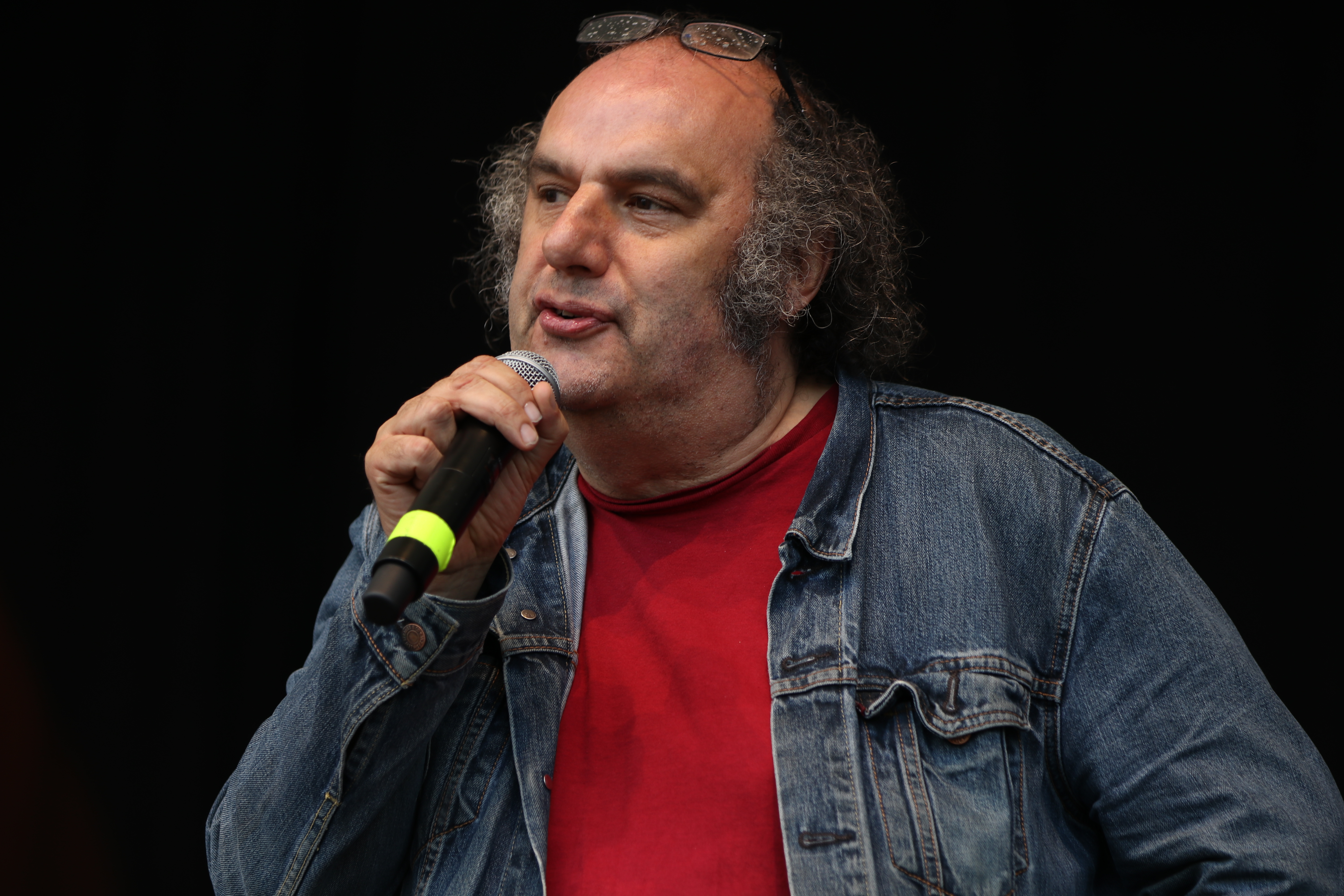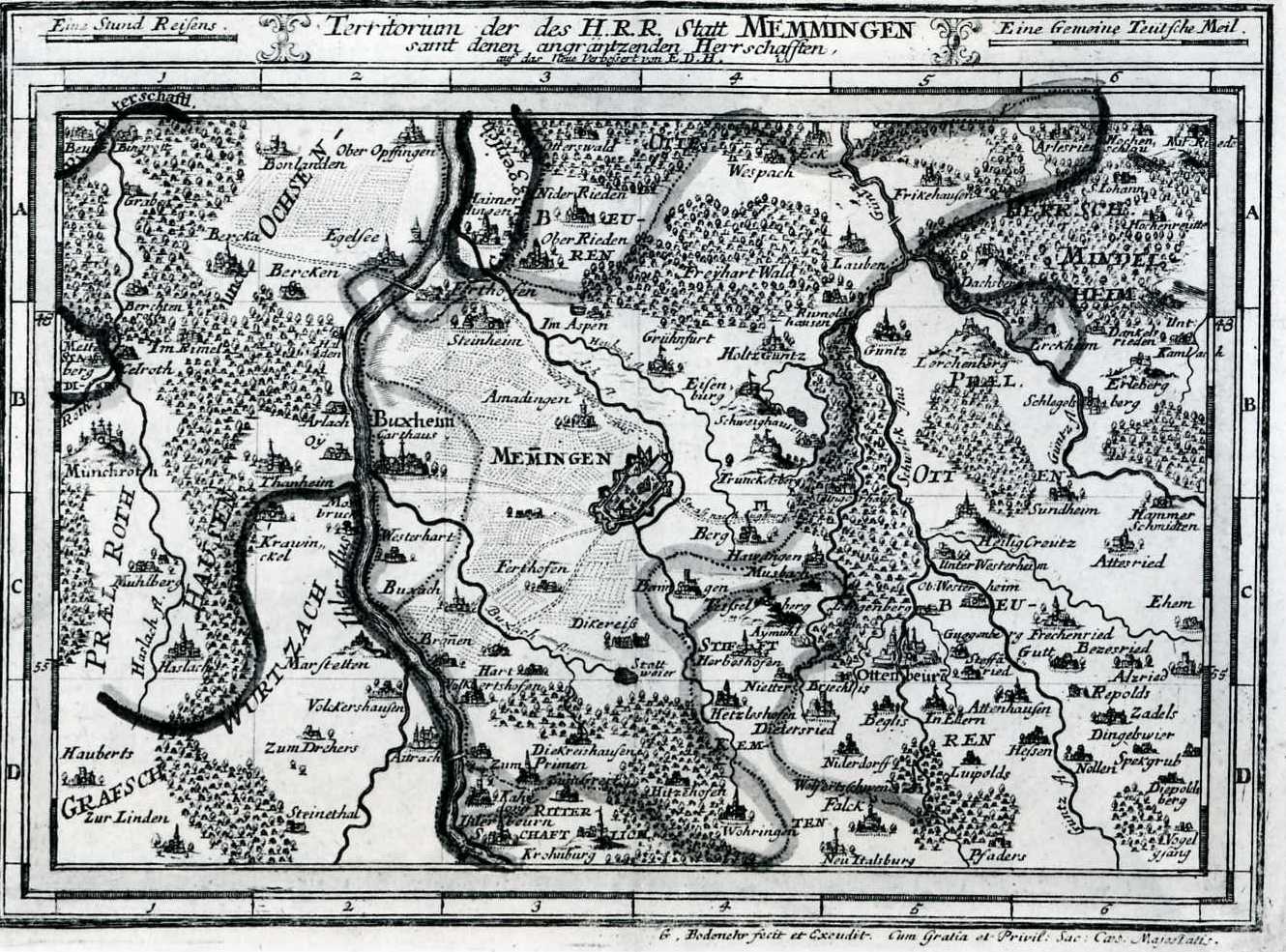|
Die Deutsche Bühne
''Die Deutsche Bühne'' is the oldest German theatre magazine and reports on the fields of acting, music theatre and dance. It first appeared under this title in 1909. The publisher is the Deutscher Bühnenverein. The editorial team consists of Detlef Brandenburg (Editor-in-Chief), Detlev Baur (Deputy Editor-in-Chief), Ulrike Kolter and Andreas Falentin. The magazine is published monthly by Inspiring Network Verlag in Hamburg. The circulation is of 7,000 copies.Mediadaten 2019 (retrieved 24 November 2020) The ''Deutsche Bühne'' is available in newsstands and can be subscribed to. An offshoot of the ''Deutsche Bühne'' is the youth theatre magazine ''die junge bühne'', which first appeared in 2007. The free magazine is aimed at audiences and acti ... [...More Info...] [...Related Items...] OR: [Wikipedia] [Google] [Baidu] |
Deutscher Bühnenverein
The Deutscher Bühnenverein is an organization representing 430 theatres, opera houses, drama, ballet and opera companies and orchestras in Germany. It is involved in artistic, legal, organisational and political questions relevant to its members and publishes annual reports. The Deutscher Bühnenverein is based in Cologne. History It was started in Oldenburg in 1846 under its first president Karl Theodor von Küstner, of the Königliches Schauspiel in Berlin. The Nazi Propaganda Ministry banned it in 1935 and it was not re-founded until 1947. In 1990, the East German Deutscher Bühnenbund merged with the Bühnenverein. Functions As an association of artists' employers, the Bühnenverein negotiates with trade unions about both pay and working conditions and is involved in arbitration. It also looks after the interests of German arts organizations at international level and with regard to European Union legislation. The President since 2003 is Klaus Zehelein, currently direct ... [...More Info...] [...Related Items...] OR: [Wikipedia] [Google] [Baidu] |
Hamburg
(male), (female) en, Hamburger(s), Hamburgian(s) , timezone1 = Central (CET) , utc_offset1 = +1 , timezone1_DST = Central (CEST) , utc_offset1_DST = +2 , postal_code_type = Postal code(s) , postal_code = 20001–21149, 22001–22769 , area_code_type = Area code(s) , area_code = 040 , registration_plate = , blank_name_sec1 = GRP (nominal) , blank_info_sec1 = €123 billion (2019) , blank1_name_sec1 = GRP per capita , blank1_info_sec1 = €67,000 (2019) , blank1_name_sec2 = HDI (2018) , blank1_info_sec2 = 0.976 · 1st of 16 , iso_code = DE-HH , blank_name_sec2 = NUTS Region , blank_info_sec2 = DE6 , website = , footnotes ... [...More Info...] [...Related Items...] OR: [Wikipedia] [Google] [Baidu] |
Münchner Kammerspiele
The Munich Kammerspiele (German: Münchner Kammerspiele) is a state-funded German-language theater company based at the ''Schauspielhaus'' on Maximilianstraße (Munich), Maximilianstrasse in the Bavarian capital. The company currently has three venues: the main stage of the theatre with two small stages, the workroom on Hildegardstrasse, and the Therese-Giehse-Halle in the rehearsal building on Falckenbergstrasse. History The company was founded in 1906 in Schwabing as the private troupe of Erich Ziegel. Beginning in 1917, Otto Falckenberg served as director; in 1926, he moved the company into the ''Schauspielhaus'', (built in Art Nouveau style in 1901 by Richard Riemerschmid and Max Littmann). Since 1933, the Münchner Kammerspiele has been a municipal theater company of the City of Munich. In 1961, the ''Werkraumtheater'' has served as its second stage. In 2001, the company gained a rehearsal stage next to the ''Schauspielhaus'' in a large building designed by Gustav Peichl. ... [...More Info...] [...Related Items...] OR: [Wikipedia] [Google] [Baidu] |
Artistic Director
An artistic director is the executive of an arts organization, particularly in a theatre or dance company, who handles the organization's artistic direction. They are generally a producer and director, but not in the sense of a mogul, since the organization is generally a non-profit organization. The artistic director of a theatre company is the individual with the overarching artistic control of the theatre's production choices, directorial choices, and overall artistic vision. In smaller theatres, the artistic director may be the founder of the theatre and the primary director of its plays. In larger non-profit theatres (often known in Canada and the United States as regional theatres), the artistic director may be appointed by the board of directors. Overview The artistic director of a performing dance company is similar to the musical director of an orchestra, the primary person responsible for planning a company's season. The artistic director's responsibilities can in ... [...More Info...] [...Related Items...] OR: [Wikipedia] [Google] [Baidu] |
Matthias Lilienthal
Matthias Lilienthal (born 21 December 1959) is a German dramaturge and theatre director. Life and work Born in Berlin, Lilienthal grew up as the second of three children in Berlin-Neukölln. After graduating from the Berlin Evangelisches Gymnasium zum Grauen Kloster (1978), he studied history, German studies and theatre studies at the Free University of Berlin, but dropped out after ten years.Gabriela Herpel: ''Der Mann aus Reihe drei''. In autumn, Matthias Lilienthal will take up his post as the new artistic director of the Munich Kammerspiele. Many believe he will shake up the venerable theatre. But he has been doing so for a long time. In the ''.'' Nr. 9, 27 February 2015, . Mid-1980s - 2002 In the mid-1980s, Lilienthal worked as a freelance journalist for the ''taz'', the ' and the ''Süddeutsche Zeitung''; he was then an assistant director to Achim Freyer at the Burgtheater in Vienna. From 1988 to 1991, under artistic director Frank Baumbauer dramaturge at the Theater B ... [...More Info...] [...Related Items...] OR: [Wikipedia] [Google] [Baidu] |
Landestheater Schwaben
The Landestheater Schwaben is an ensemble based in Memmingen in Upper Swabia. The ensemble's main venue is the Stadttheater Memmingen. The artistic director of the ensemble has been Kathrin Mädler since 2016. As a state theater, the Landestheater Schwaben is supported by a special- purpose association consisting of 21 cities, municipalities and districts. Thus, the ensemble not only plays at the headquarters in Memmingen, but also fulfills its cultural mission beyond that. With its guest performances, the Landestheater Schwaben is not only in Bavaria, but also, for example, in Baden-Württemberg, Hesse, but also in Austria and Switzerland. References External links * Memmingen Buildings and structures in Swabia (Bavaria) Theatre companies in Germany {{Germany-theat-stub ... [...More Info...] [...Related Items...] OR: [Wikipedia] [Google] [Baidu] |
Memmingen
Memmingen (; Swabian: ''Memmenge'') is a town in Swabia, Bavaria, Germany. It is the economic, educational and administrative centre of the Danube-Iller region. To the west the town is flanked by the Iller, the river that marks the Baden-Württemberg border. To the north, east and south the town is surrounded by the district of Unterallgäu (Lower Allgäu). With about 42,000 inhabitants, Memmingen is the 5th biggest town in the administrative region of Swabia. The origins of the town go back to the Roman Empire. The old town, with its many courtyards, castles and patricians' houses, palaces and fortifications is one of the best preserved in southern Germany. With good transport links by road, rail and air, it is the transport hub for Upper Swabia and Central Swabia, and the Allgäu. Due to its proximity to the Allgäu region, Memmingen is often called the Gateway to the Allgäu (''Tor zum Allgäu''). The town motto is ''Memmingen – Stadt mit Perspektiven'' ("Memminge ... [...More Info...] [...Related Items...] OR: [Wikipedia] [Google] [Baidu] |
Kathrin Mädler
Kathrin Mädler (born 1976) is a German dramaturge, theatre director and artistic director.. Life Born in Osnabrück, Mädler studied dramaturgy as well as theatre and literature at the Ludwig Maximilian University Munich and the Bayerische Theaterakademie August Everding. Further studies in Cincinnati, Ohio and at the University of California in Irvine followed before she graduated and received her doctorate in Munich. After teaching at the LMU Munich and the WWU Münster, she was a guest assistant director at the Staatstheater Karlsruhe and the Burgtheater Vienna. In 2005, she was hired at the Staatstheater Nürnberg as a dramaturge and director. From there, she went to the Münster Theatre in 2012 as a senior dramaturge. In 2016, she left Münster and went to the Landestheater Schwaben in Memmingen as artistic director. In July 2020, it was announced that the Zweckverband des Landestheaters Schwaben had extended Intendant Mädler's contract by five years. At the 2019 Federal ... [...More Info...] [...Related Items...] OR: [Wikipedia] [Google] [Baidu] |
Johan Simons
Johan Simons (born 1 September 1946) is a Dutch theatre director. Simons received his education at the Rotterdam Dance Academy and the Maastricht Academy of Dramatic Arts. He also taught directing in Maastricht for a number of years. Since 2000, Simons has received international recognition for his directing. He has been regularly invited as a guest director for leading German-language theatre companies, including the Schauspielhaus Zürich, the Schauspielhaus Stuttgart, the Ruhrtriennale, and the Münchner Kammerspiele. In addition to directing plays, he has directed several operas, including Verdi's Simon Boccanegra at the Opéra Bastille in 2006 and Mozart's Il Seraglio at the De Nederlandse Opera in 2008. Simons was appointed artistic director of the Münchner Kammerspiele in 2010. He was the director of the Ruhrtriennale The Ruhrtriennale (compound of ''Ruhr'' and ''triennale'' "lasting 3 years"), also known as Ruhr Triennale, was founded in 2002 and is a music and ar ... [...More Info...] [...Related Items...] OR: [Wikipedia] [Google] [Baidu] |
Hamlet
''The Tragedy of Hamlet, Prince of Denmark'', often shortened to ''Hamlet'' (), is a tragedy written by William Shakespeare sometime between 1599 and 1601. It is Shakespeare's longest play, with 29,551 words. Set in Denmark, the play depicts Prince Hamlet and his attempts to exact revenge against his uncle, Claudius, who has murdered Hamlet's father in order to seize his throne and marry Hamlet's mother. ''Hamlet'' is considered among the "most powerful and influential tragedies in the English language", with a story capable of "seemingly endless retelling and adaptation by others". There are many works that have been pointed to as possible sources for Shakespeare's play—from ancient Greek tragedies to Elizabethan plays. The editors of the Arden Shakespeare question the idea of "source hunting", pointing out that it presupposes that authors always require ideas from other works for their own, and suggests that no author can have an original idea or be an originator. When ... [...More Info...] [...Related Items...] OR: [Wikipedia] [Google] [Baidu] |
Schauspielhaus Bochum
The Schauspielhaus Bochum is one of the notable drama theatres in Germany. It is located on Königsallee in Bochum, North Rhine-Westphalia. Eric de Vroedt Eric de Vroedt (Rotterdam, 1972) is a Dutch theater director, writer and actor. Career After his graduation from the Arnhem School of Acting in 1996 he realized his ambition was to be a director and writer rather than an actor. He is an establ ... is an established guest director at the theatre. References Theatres in North Rhine-Westphalia 1900s architecture {{NorthRhineWestphalia-struct-stub ... [...More Info...] [...Related Items...] OR: [Wikipedia] [Google] [Baidu] |
Schaubühne
The Schaubühne am Lehniner Platz (Theatre on Lehniner Square) is a famous theatre in the Wilmersdorf district of Berlin, located on the Kurfürstendamm boulevard. It is a conversion of the ''Universum'' cinema, built according to plans designed by Erich Mendelsohn in 1928. History The cinema was the centrepiece of the wider ''WOGA'' housing complex, designed by Mendelsohn in a New Objectivity-styled urban development ensemble, with a shopping walkway, apartment blocks, lawns, and a tennis court in the back. It possibly was the first Modernist cinema built in the world, as opposed to the Moorish, Egyptian, and baroque styles that predominated. Mendelsohn wrote a short text on his cinema, declaring 'no Baroque palaces for Buster Keaton'. The cinema would become very influential on Streamline Moderne cinema design in the 1930s. Heavily damaged in World War II, it was rebuilt and re-opened and from 1969 served as a dance hall and for musical theatre. The building's current use as ... [...More Info...] [...Related Items...] OR: [Wikipedia] [Google] [Baidu] |



